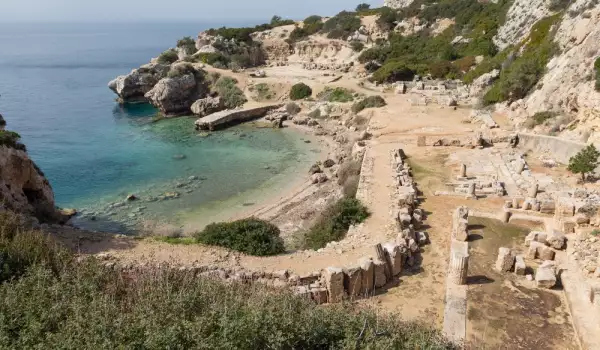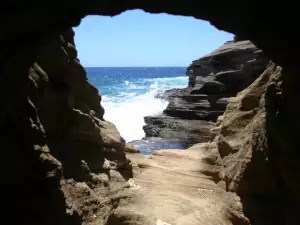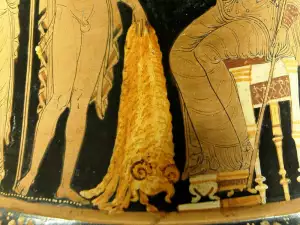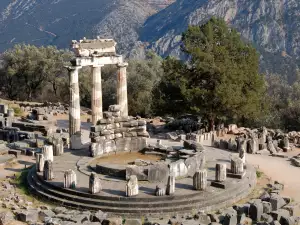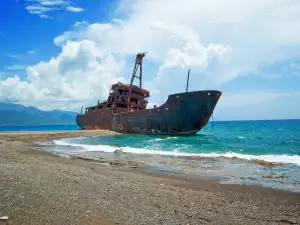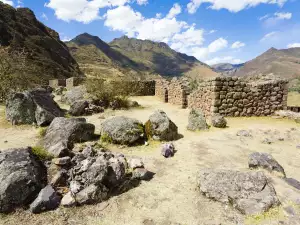Archaeologists believe they've found the lost Ancient Greek city of Kane at the bottom of the Aegean Sea. In the past, Kane was of strategic importance in the Peloponnesian War between Athens and Sparta.
The international team of experts has for several years been investigating the coasts of Turkey and Greece in search of this historical city. Ancient sources indicated that Kane was located somewhere in the Aegean Sea.
The location of the island was described by Ancient Greek historian Xenophon. His texts revealed that the island was in proximity to the Arginusae islands, where the Athenians defeated the Spartans at the end of the Peloponnesian War.
But their victory was hollow, since after the battle a raging storm prevented the commanders from rescuing the soldiers who had earned Athens its victory.
The generals returned to the city safely but because they had failed to save their army the people sentenced each and every one of them to execution.
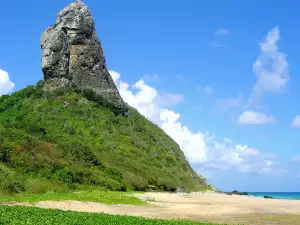
Since the Peloponnesian War was a crucial historical moment, tremendous efforts have been spent in trying to find the island of Kane.
Today, the Arginusae islands are called the Garip islands and are situated just a few hundred feet from the Turkish coast. According to the ancient source, there was also a 3rd island in the region - Kane.
With help from geologists, the team of archaeologists studied the peninsula and concluded there was once a natural land bridge there, connecting the different coasts.
An Ottoman map from the 16th century shows that the peninsula looked completely different from today. It was connected to land by alluvium, which formed a narrow and natural channel.
Not too far from the peninsula, archaeologists discovered sunken remains off an ancient harbor from about 323 BC. It is believed they were part of a sunken ship from the Battle of Arginusae.
More research of the sea routes in the region will be conducted in the future.
